Urban living can be stressful for cats, with noise, pollution, and crowded spaces contributing to their anxiety. Here are 12 signs your feline friend might be struggling with ‘urban stress.’
1. Excessive Hiding
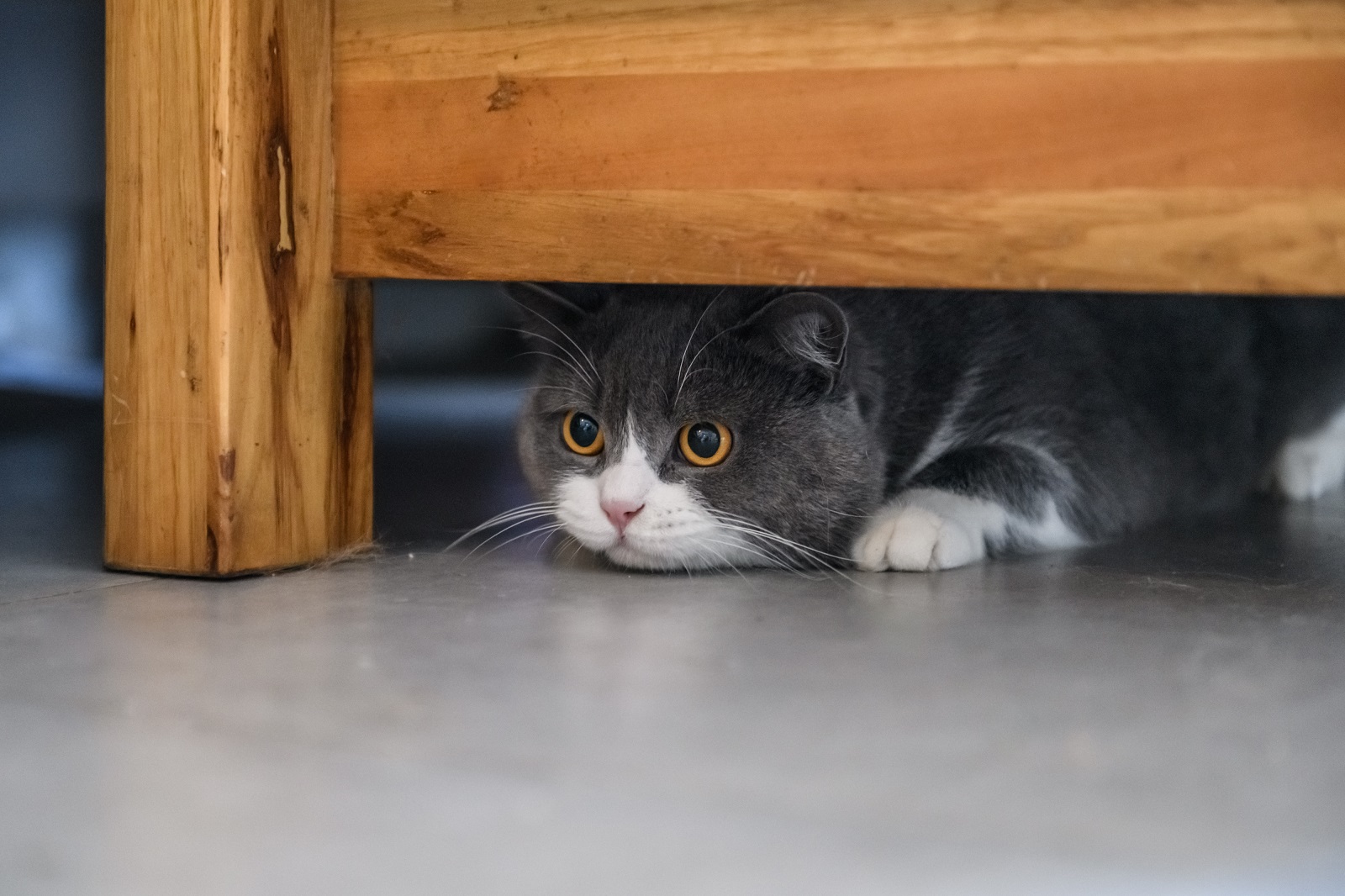
If your cat is spending more time hidden away, it could be a sign of stress. Urban environments often introduce unfamiliar sounds and sights that can make a cat feel unsafe.
2. Increased Aggression
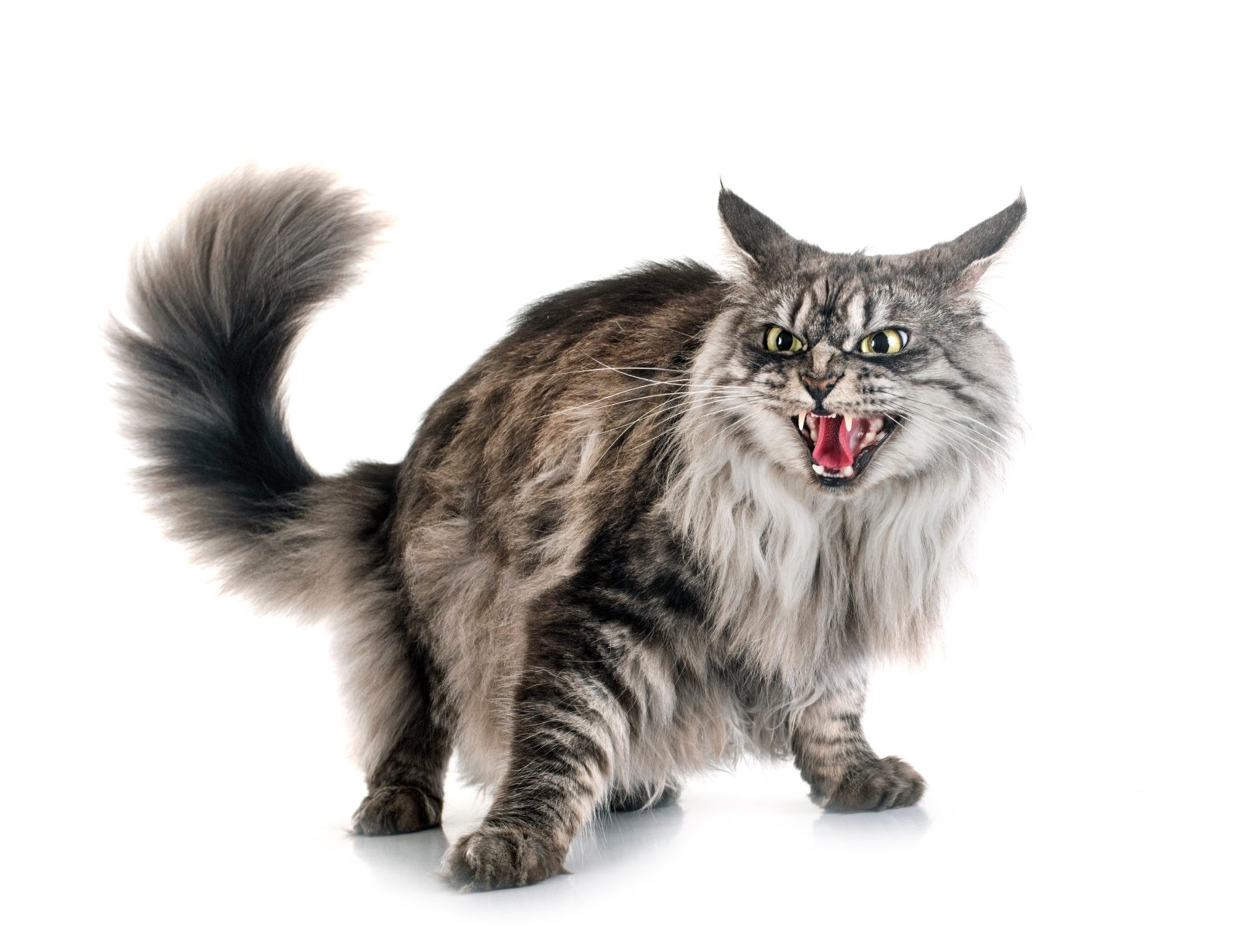
Urban stress can lead to heightened aggression in cats. This might manifest as hissing, growling, or even scratching and biting more frequently.
3. Overgrooming
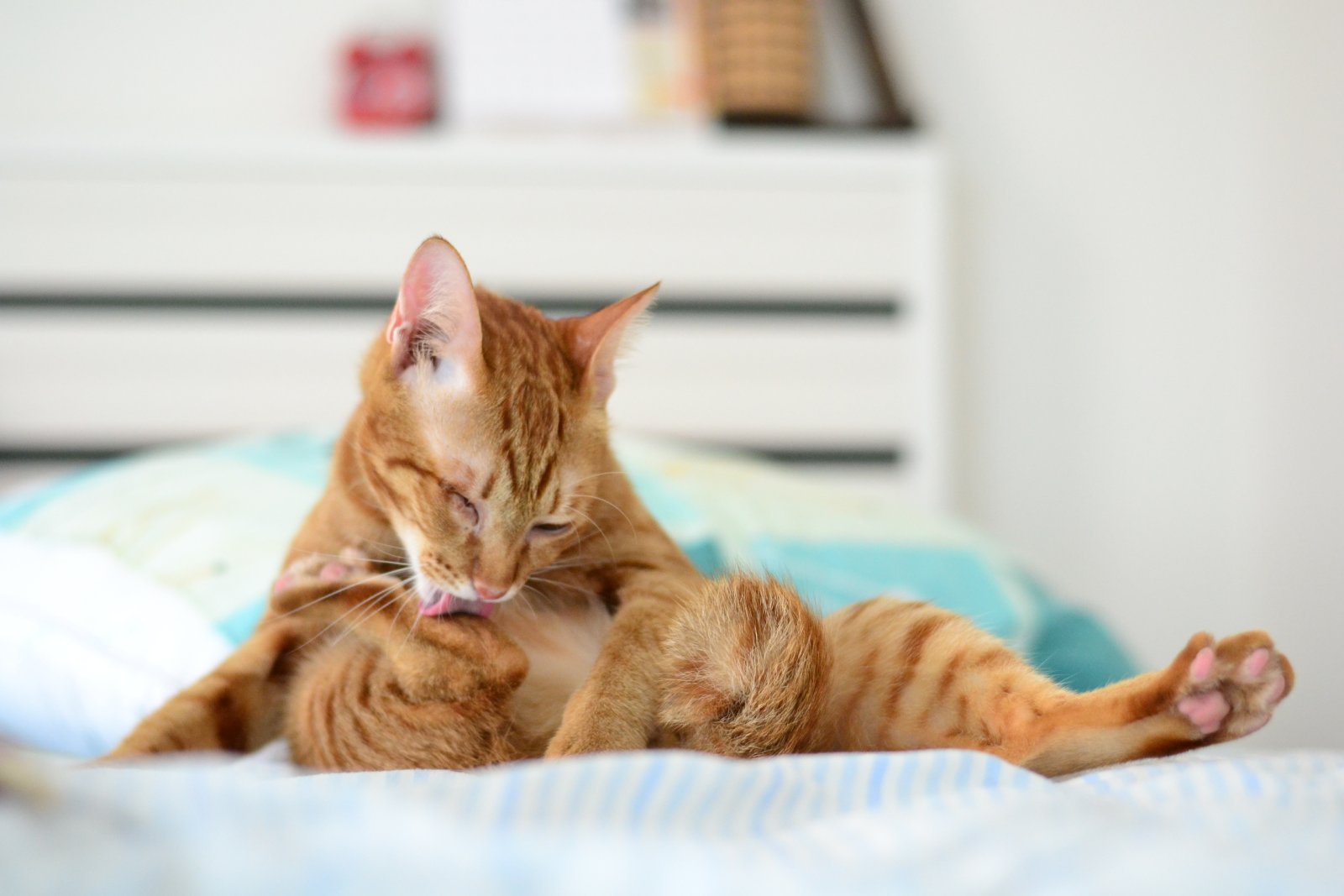
Cats may groom excessively when stressed, particularly focusing on their bellies and inner thighs. This can lead to bald patches and skin irritation.
4. Litter Box Issues
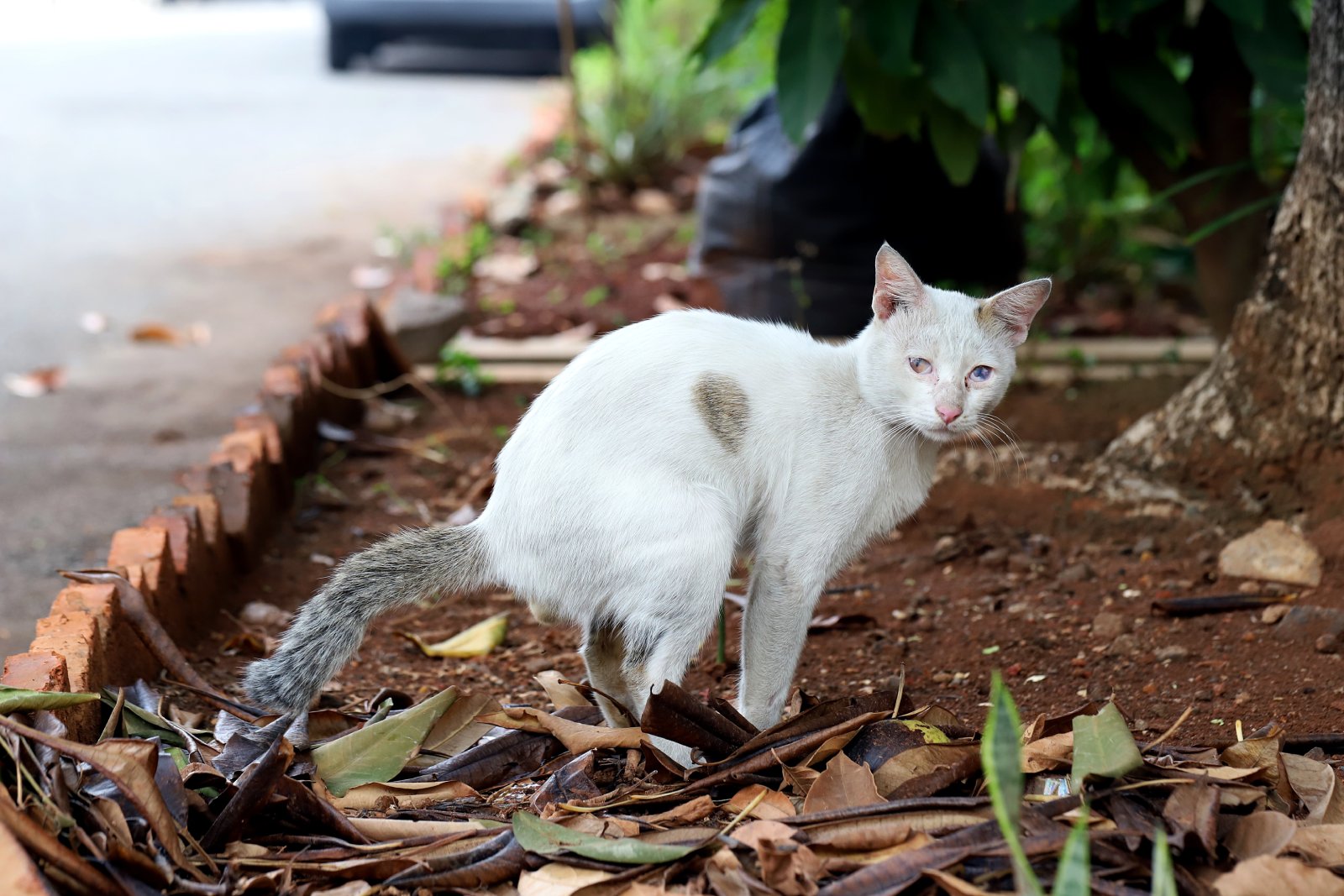
Stress can cause cats to urinate or defecate outside their litter box. This behavior is often a reaction to anxiety or a way to mark territory in a stressful environment.
5. Loss of Appetite
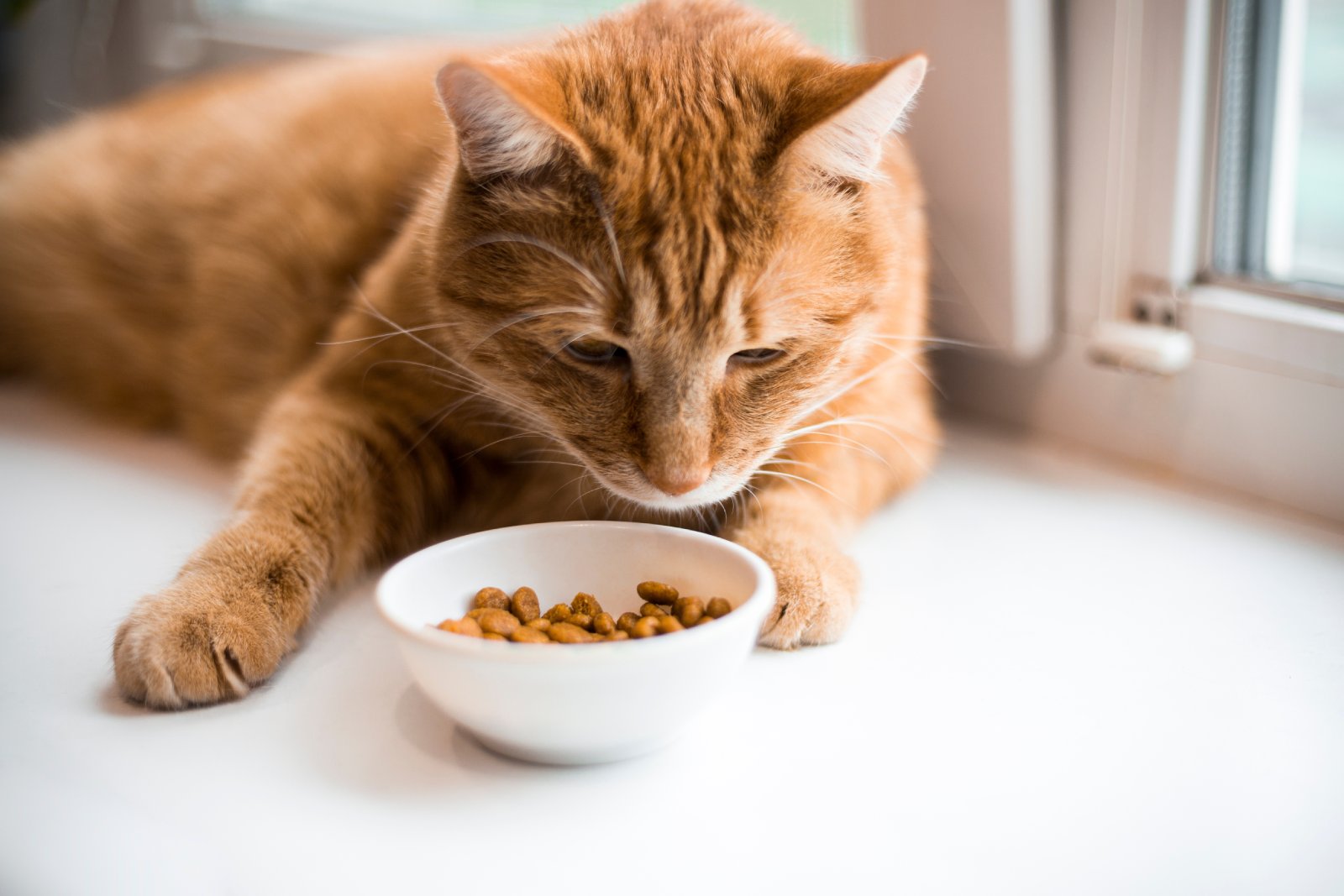
A sudden decrease in appetite can be a clear indicator of stress. If your cat is not eating as much, it’s important to investigate further.
6. Vomiting and Diarrhea
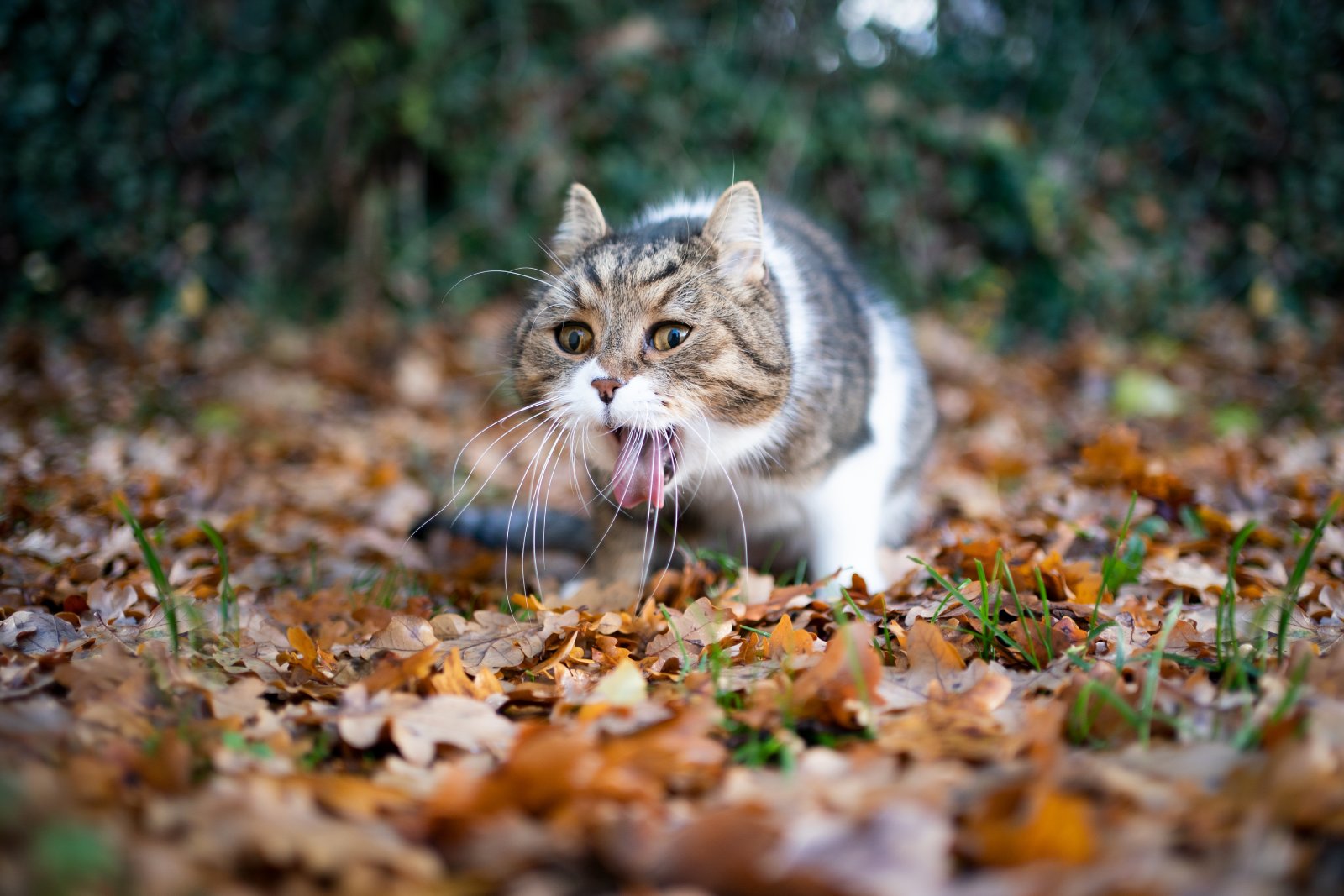
Gastrointestinal issues like vomiting and diarrhea are common in stressed cats. These symptoms can be exacerbated by a stressful urban environment.
7. Vocalization
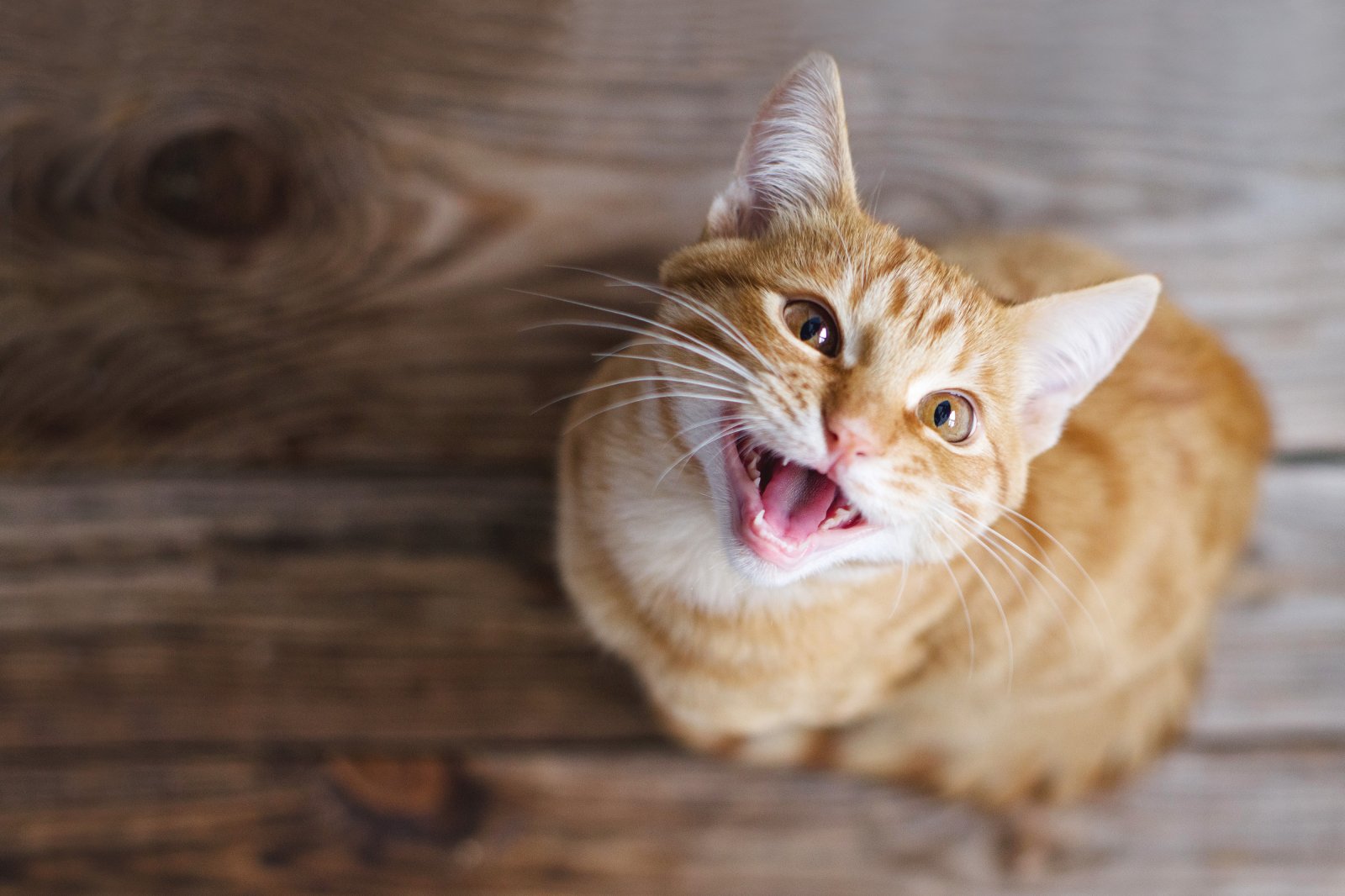
Excessive meowing or yowling can be a sign of stress. Cats might vocalize more to express their discomfort or to seek reassurance from their owners.
8. Scratching Furniture
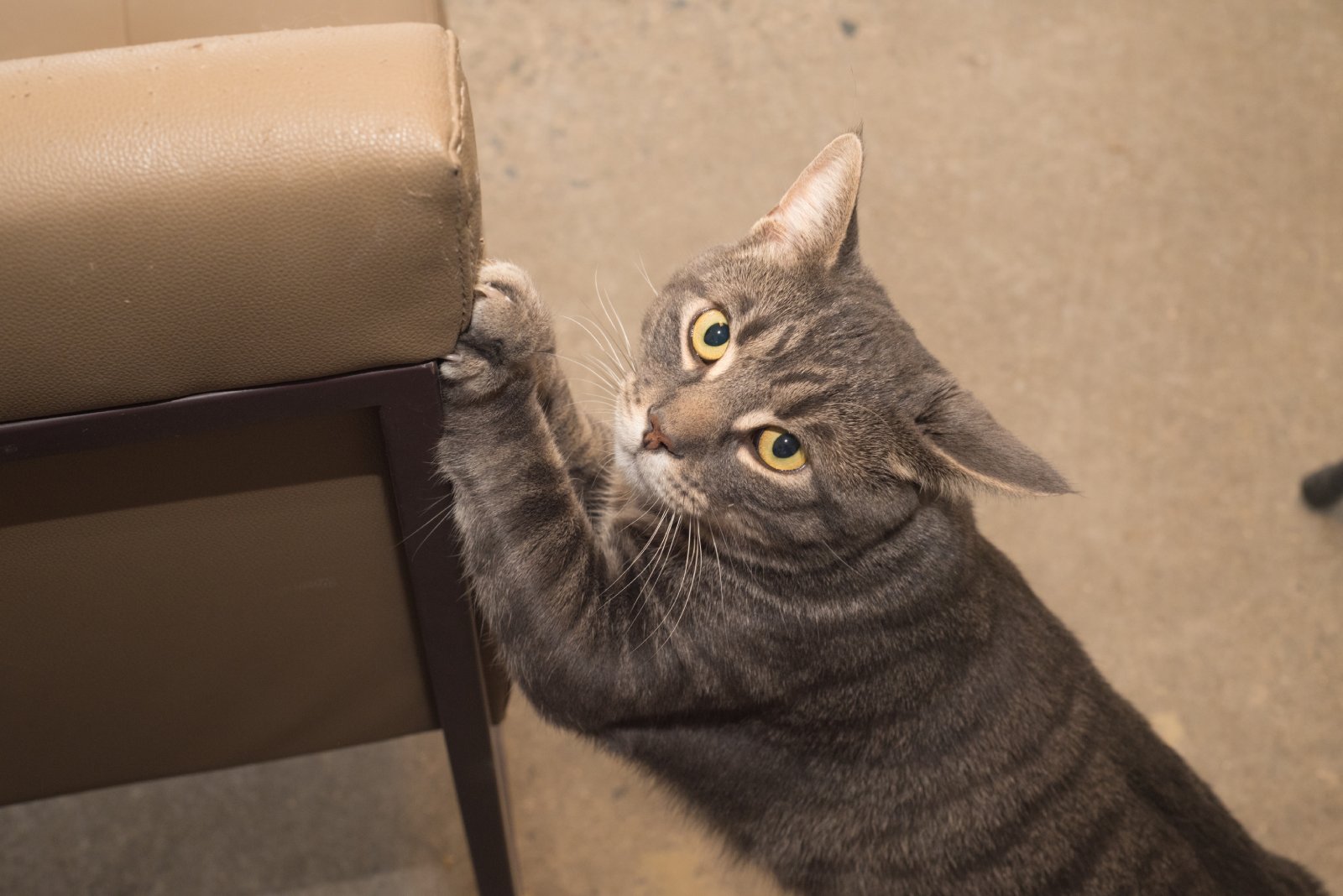
Stress can lead to destructive behaviors such as scratching furniture. This is a way for cats to release their anxiety and mark their territory.
9. Withdrawal
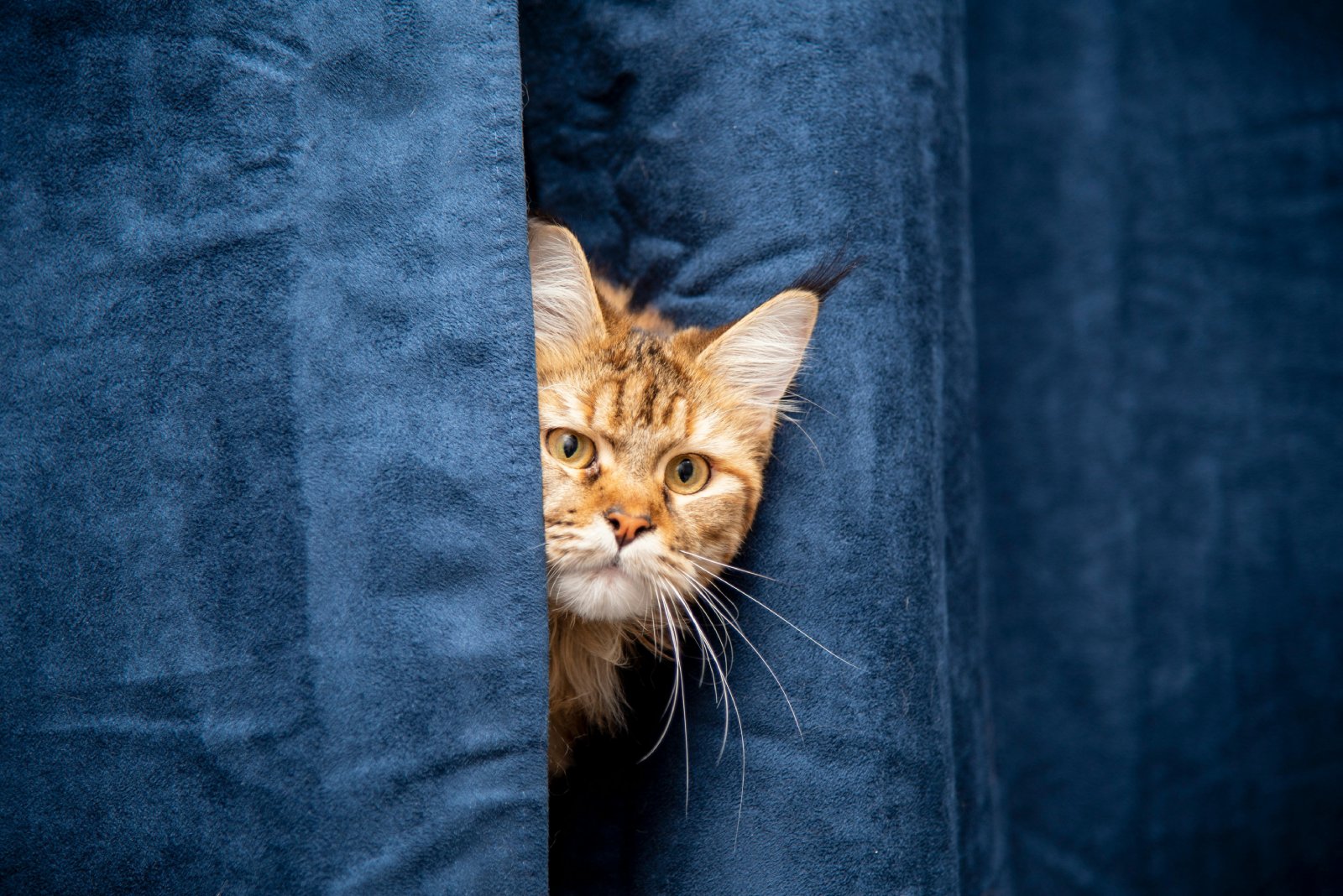
Urban stress can cause cats to become more withdrawn, avoiding interaction with people and other pets. This behavior change can indicate that your cat is feeling overwhelmed.
10. Cystitis
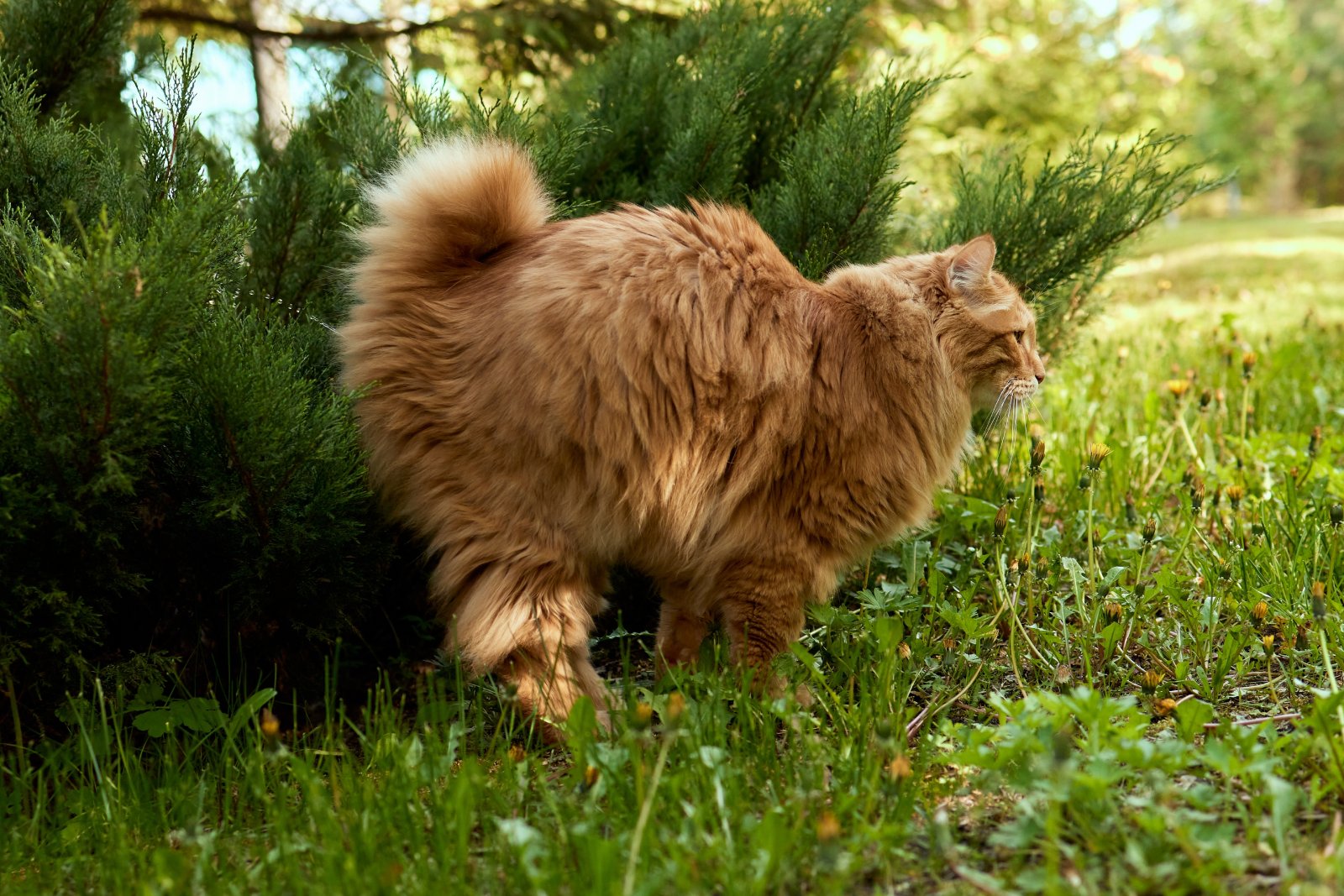
Stress can lead to health issues like cystitis, an inflammation of the bladder. Symptoms include frequent urination, straining to urinate, and sometimes blood in the urine.
11. Changes in Sleeping Patterns
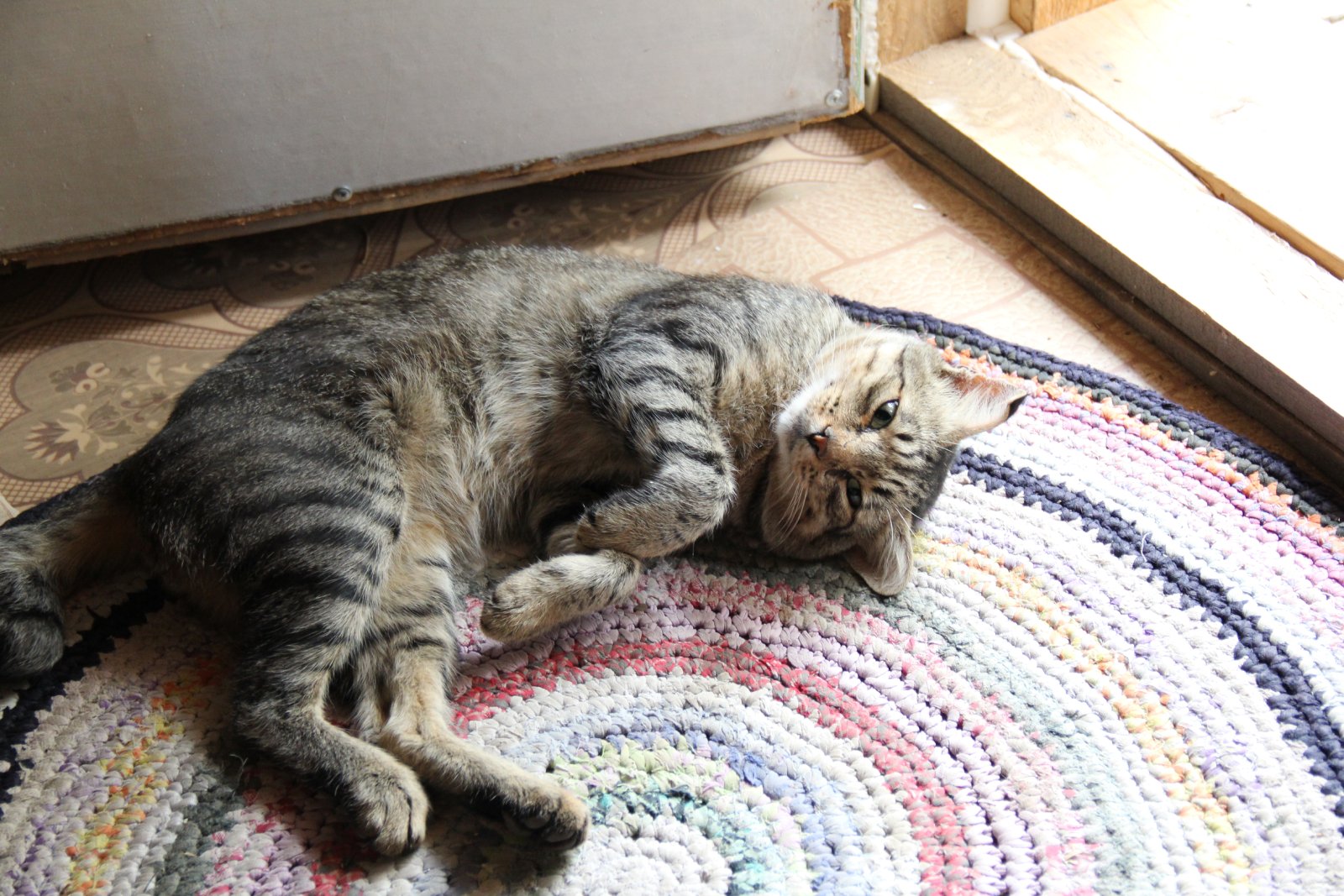
Stress can disrupt a cat’s normal sleeping patterns, leading to either excessive sleeping or insomnia. Keep an eye on any significant changes in their sleep habits.
12. Avoidance of the Cat Flap
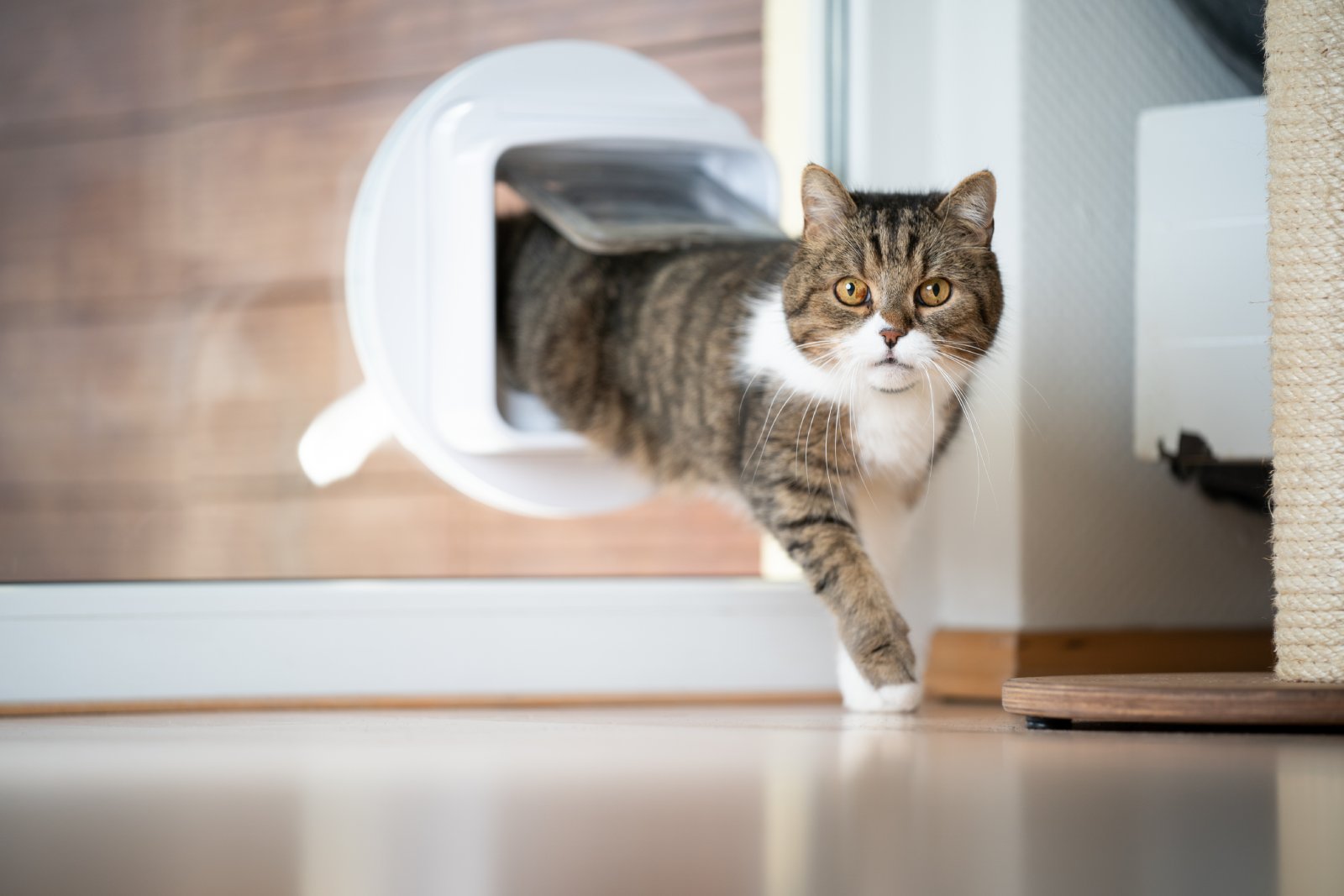
If your cat is hesitant or refuses to use the cat flap, it might be due to stress from potential threats outside, like other animals or noisy environments.
Is Your Cat Coping Well with Urban Life?
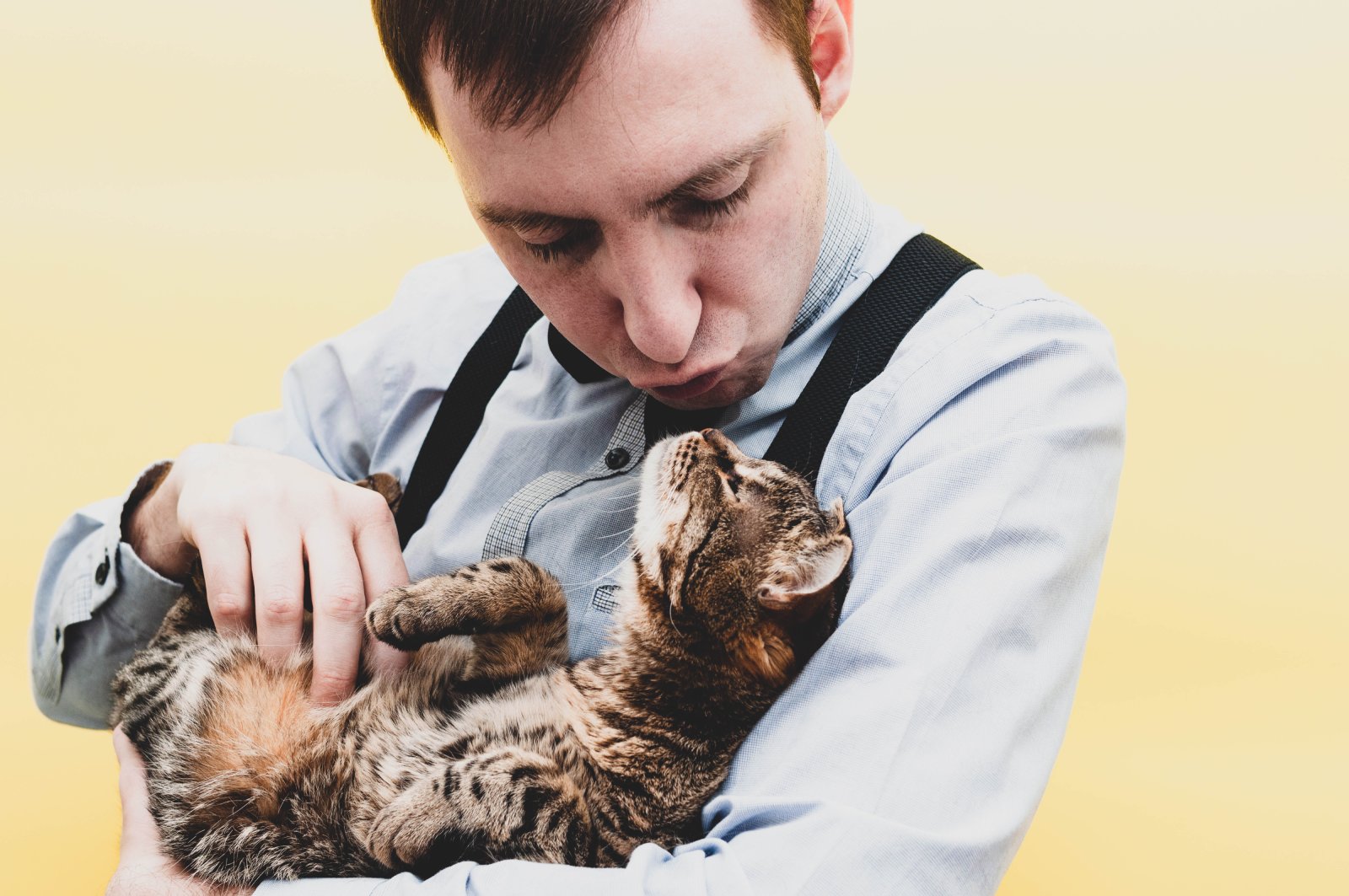
Urban environments pose unique challenges for cats, and it’s crucial to recognize the signs of stress early. Are you providing a calm and secure environment for your feline friend? Their well-being depends on your vigilance and care.
Featured Image Credit: Shutterstock / Katerina Maksymenko.
For transparency, this content was partly developed with AI assistance and carefully curated by an experienced editor to be informative and ensure accuracy.

